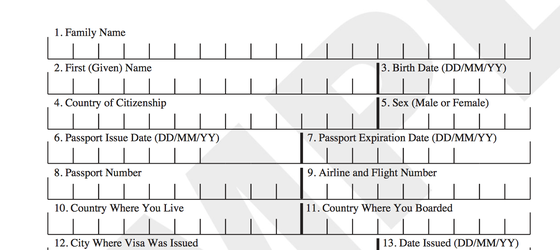WPF Comments to OMB regarding public participation draft memorandum
The World Privacy Forum has filed comments to the U.S. Office of Management and Budget in response to its Request for Feedback on Draft Guidance: Broadening Public Participation and Community Engagement with the Federal Government. WPF made three specific suggestions to OMB regarding how Privacy Act notices might be managed in a way that facilitates better feedback from those interested specifically in Privacy Act of 1974 notices, which have meaningful bearing on matters relating to data governance, privacy, and data protection.

